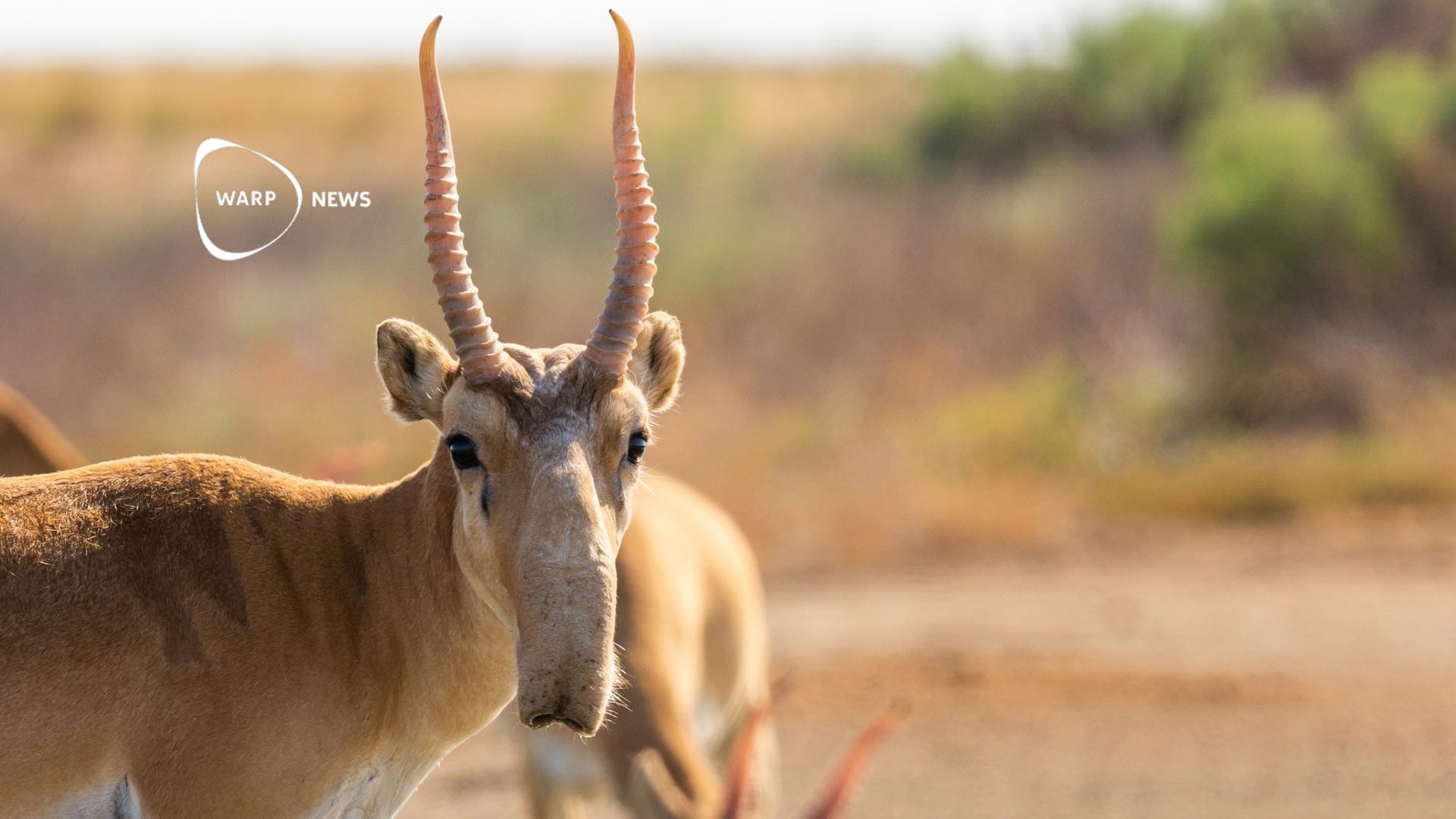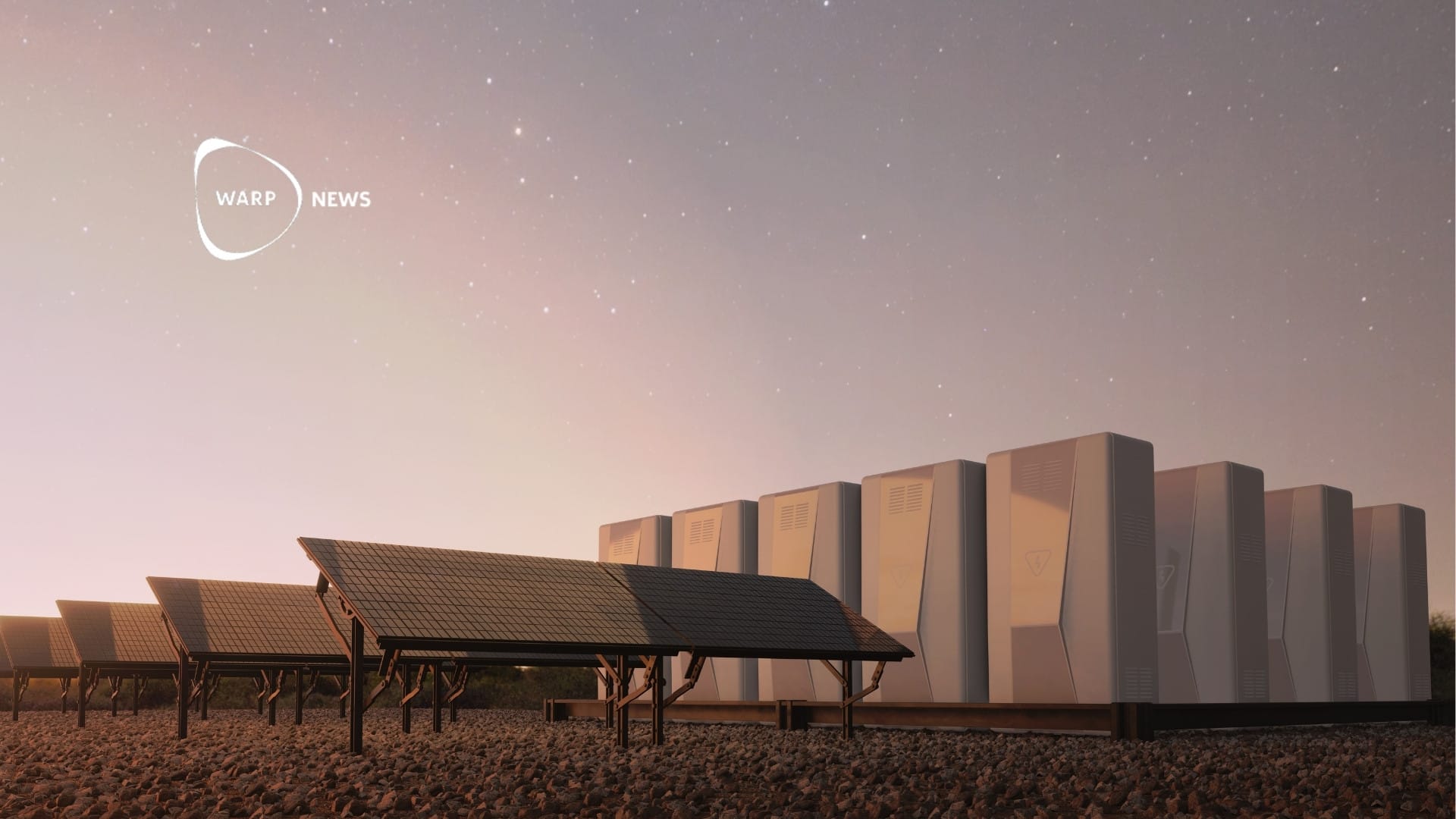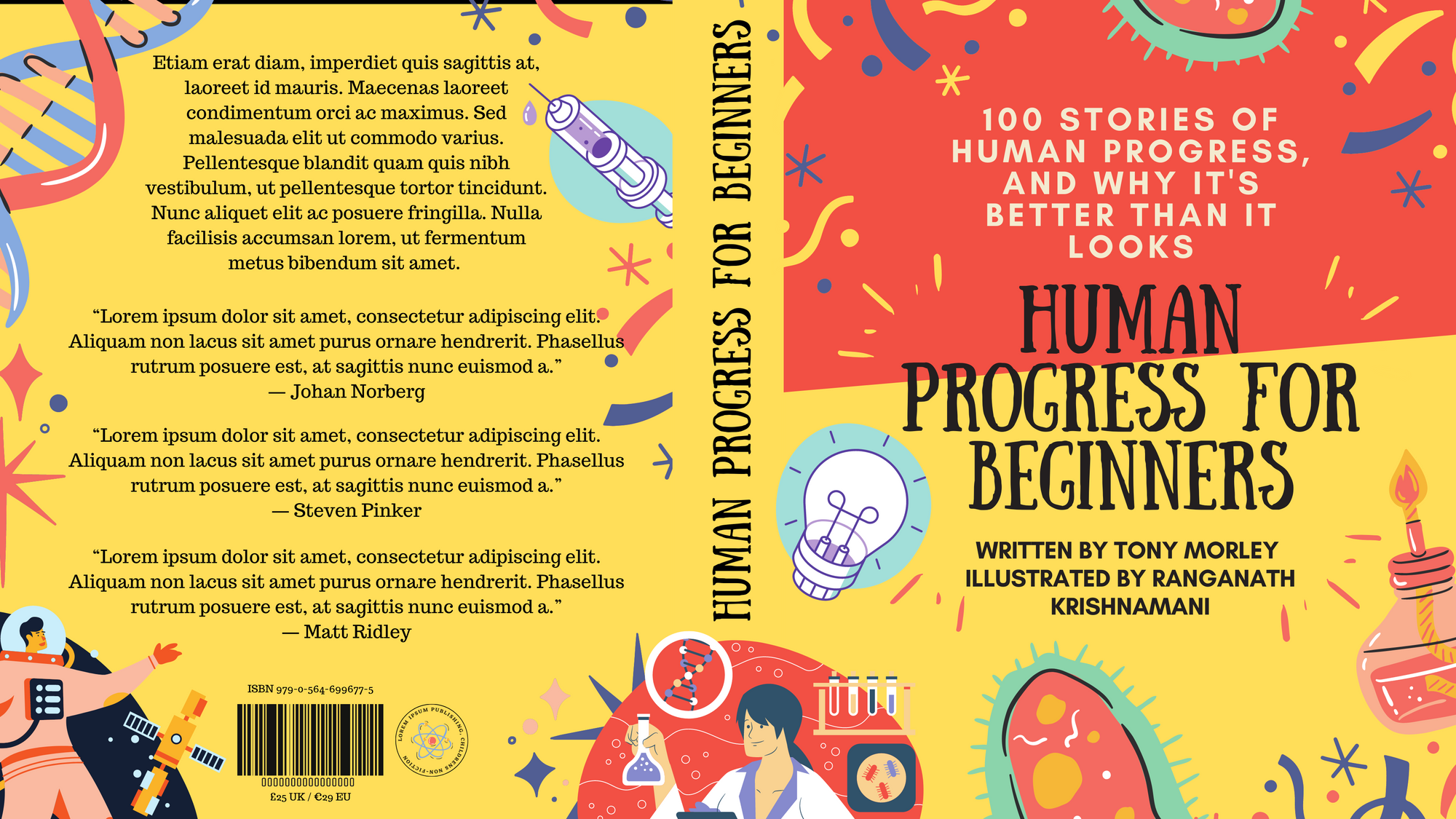
📖 Human Progress for Beginners – an interview with Tony Morley
“Why grow up to be a researcher, engineer, doctor, architect, entrepreneur, or strive to make the world a better place if it's all for nothing?” Tony Morley disagrees with the gloomy predictions about the future and wrote the world's first children's book about human progress.
Share this story!
Many believe the future isn’t worth fighting for. One person who disagrees is Tony Morley. His children’s book Human Progress for Beginners will help youths understand that the world has improved immensely just in the last two decades but also how much potential the future holds. We asked him a few questions about the book.
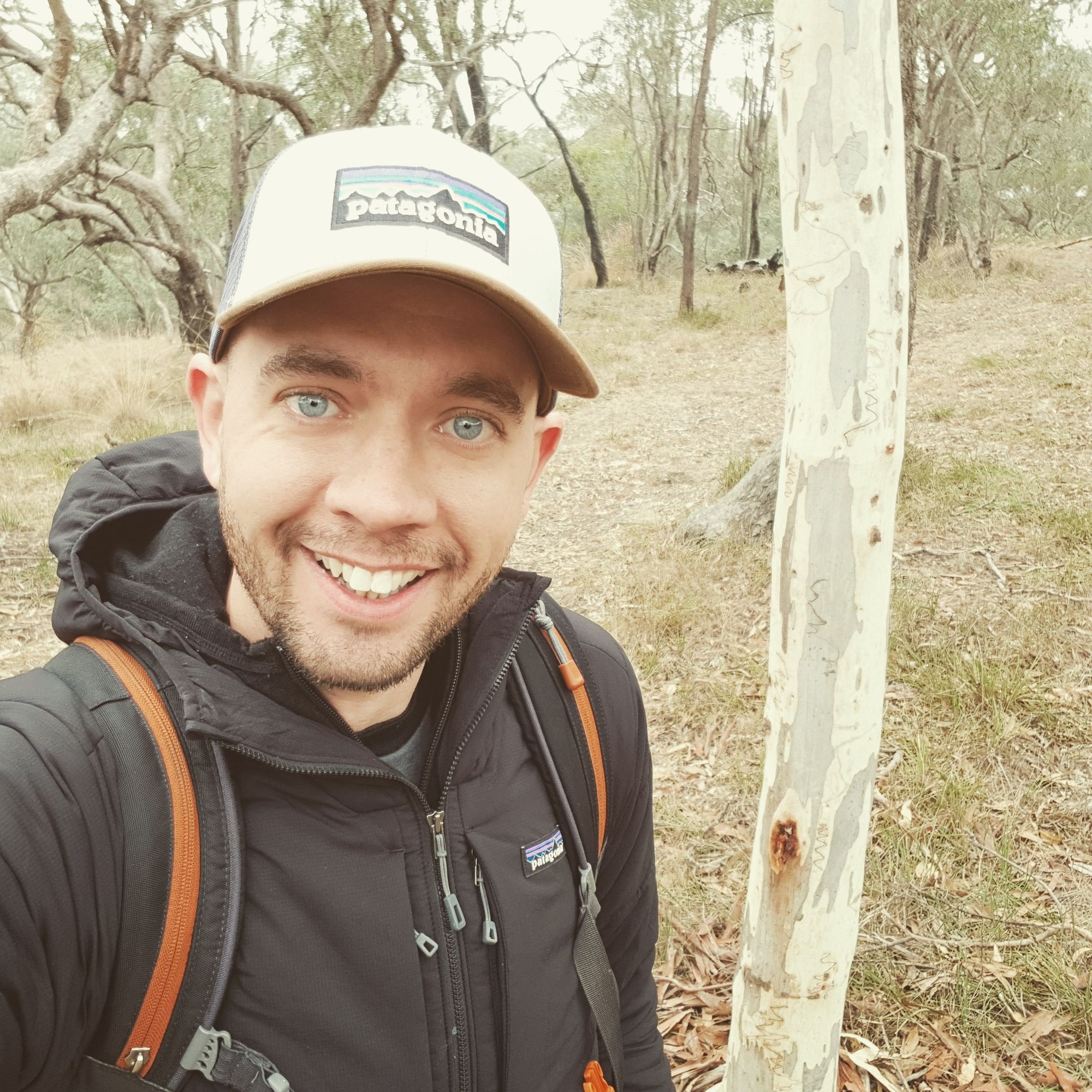
Can you tell us a little about the book?
"We're writing and illustrating the first optimistic children's book on human progress ever to be conceived, think Enlightenment Now by Steven Pinker, but for kids. The book is designed to be a parent-led reading experience, a page-a-night turner with 100 stories of human progress and accompanying illustrations. The book will be filled with 100 stories of how life in the global civilization has become much better over the last 250 years - from indoor air pollution to child mortality; and from container shipping to undersea cables."
What inspired you to write this book?
"As a father of three fairly brilliant little humans (all under seven years old), I realized there was a huge gap in the market for a children's book on human progress, and when I started to look into it, I was shocked to find that no such book had ever been conceived, let alone published. There's never been a children's book explaining our astonishingly improved living standards over the last two centuries."
Why do you think it’s important to teach young kids in optimism about the future?
"It can sometimes feel as though the cultural zeitgeist of civilization is drifting towards a more and more pessimistic outlook on the current day. The media is vigorously selling "the world is bad and getting worse" and the message is trickling down to children. Why grow up to be a researcher, engineer, doctor, architect, entrepreneur, or strive to make the world a better place if it's all for nothing? Many children that are growing up are unsure if their lives are better than the past, or if their future will be better than the present. I want to inspire children and parents with a powerful message, "the world has become a much better place, but progress forward isn't progress completed. The world can still be a much better place, and it's your job to do something about it."
How does it feel that so many people have donated to your fundraising campaign?
"Nearly all the people who have donated to our modest fundraising effort have a pre-established sympathy to the human progress, progress studies movement; I suspect they want to see a unique book brought to life. Those who have donated are sick of the doom-mongering being driven by mainstream media and are keen to support an alternative. I'm enormously thankful for everyone who has donated or shown public support for the project, it's a project that simply can't get off the ground without early support. Those who have supported the project really care about the mission, and I'm genuinely grateful for that."
Are there any donors you are extra proud of?
"We're enormously thankful to have received support from Patrick Collison, Tyler Cowen, Steven Pinker, Johan Norberg, Peter Diamandis of X-Prize, and The Effective Altruism Infrastructure Fund. These are people who have taken a gamble on helping to financially or publically support a risky and untested project because they are passionate about inspiring a better future for civilization. Advancing the concept of the book wouldn't have been possible without their support."
Do you have any plans to write more books or follow-ups?
"Absolutely, there are a number of books that will hopefully follow if the project is successful. I'm also deeply inspired by Alexander Hammonds's series "Heroes of Progress" and I think that would make an outstanding children's book in the same format. However, the most difficult challenge with any project is getting the first success locked in, and for the moment that's where we must focus."
What’s your vision for the book?
"The book is somewhat unique in its format because it's not designed to be read by children, but rather to children. It's a bedtime style (one page a night) book, written to inspire parents just as much as children. From a formatting perspective, the book was inspired by a book I read to my daughter, Good Night Stories for Rebel Girls by Elena Favilli and Francesca Cavallo. The book is deliberately parental guidance (PG), not so much that it has inappropriate subject matter, but rather that it contains content which adult readers are best placed to help with context. Also somewhat unusual for a book of this nature- the work will contain detailed references and a section at the back to help adult readers find the information and resources they need to continue their journey towards a better understanding of progress studies and human progress principles."
Do you have any plans to translate the book to other languages?
"Goodness, I hope we're that successful. For the time being, simply finding a publisher has been an enormous uphill battle. The entire project is a two-person team, both working extremely hard to bring the concept to life, myself as the project manager, researcher, and writer and Ranganath Krishnamani as the Illustrator. We've been outright rejected by a number of publishing houses for a concept that is too risky and untested. They say the world isn't ready for a book of this nature, and I happen to strongly disagree. So if you're reading this Thames & Hudson or a Harper Collins, we've got a pitch for you!"
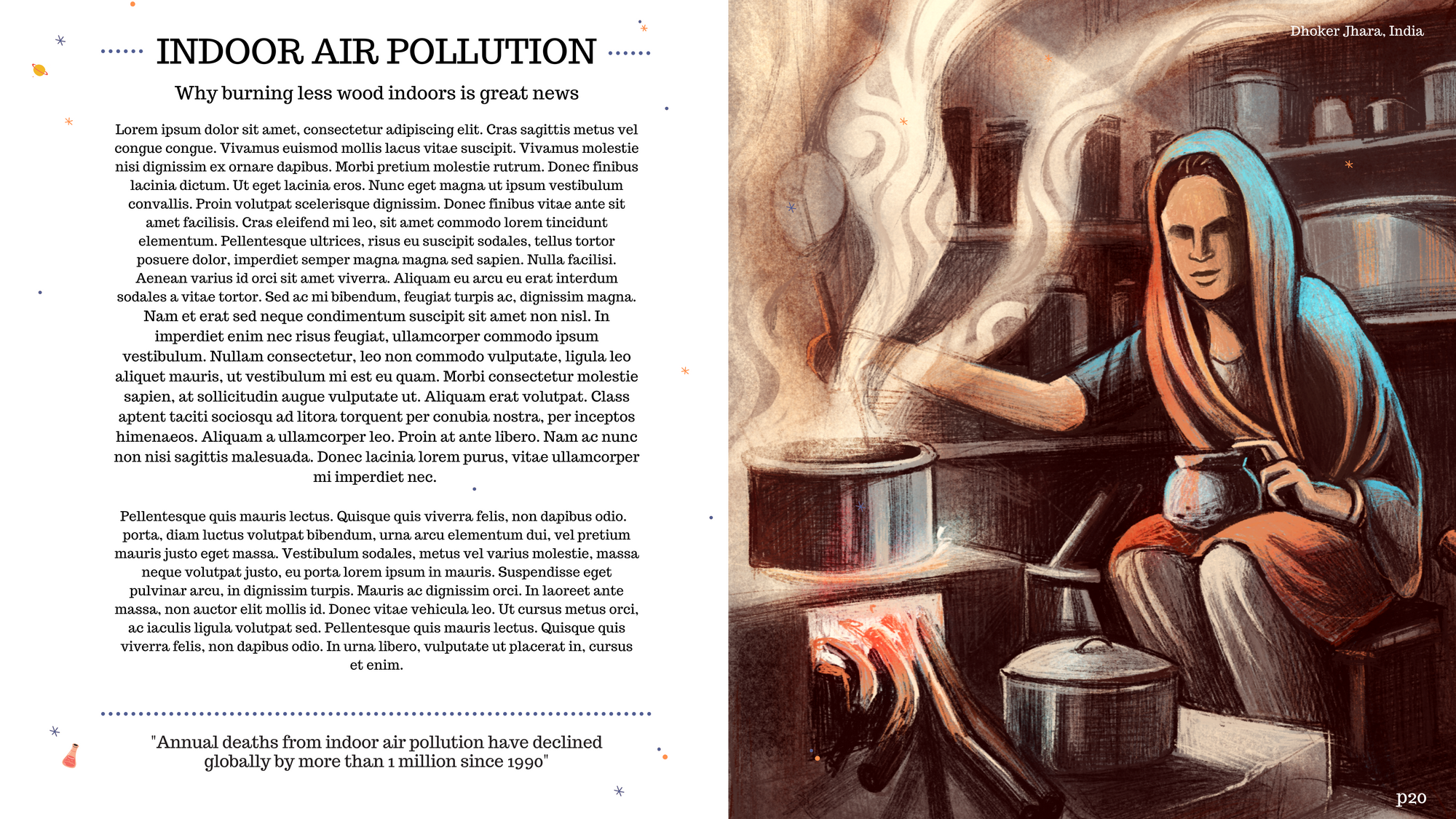
Is there something you want people to know about the book?
"The book isn't a work of a Panglossian, nor is it a statement of conclusion. The book highlights the great progress we've made while acknowledging that there is still a vast amount of progress remaining to be completed. "progress forward is not progress completed". Civilization is both vastly better than it used to be, while simultaneously being vastly inferior to what it could be."
Any specific person who has inspired your work with the book?
"I've been deeply passionate about human progress for over a decade, however, the recent successes of Johan Norberg in his books "Progress" and "Open", as well as Steven Pinker's "Enlightenment Now" and "Factfulness" by Anna Rosling Rönnlund, Hans Rosling, and Ola Rosling - inspired me to wonder, in what innovative ways the human progress thesis could be shared with the world. Why wasn't there a "Progress", "Factfulness" or "Enlightenment now" for 6 - 12 year old readers?"
If you could give young people any advice about the future, what would that be?
"The world can be a much better place, and it's your job to do something about it." Rather than standing at the edge of the precipice of civilization's collapse, you're standing on the lower slopes of a vast mountain chain of possibility. The past has shown that the future will be what we make of it, and seemingly insurmountable hurdles are indeed surmountable. Human progress is neither inevitable, nor guaranteed, and if we want to live in a better future, it's a future we have to build ourselves."
If you, like Tony, believe the future is worth investing in and that children should be given a fair chance to grow a positive mindset, help him get his book published by spreading the word (and if you’re able, donate some money).
Picture: Tony Morley
Warp News has donated to Tony's great book.
By becoming a premium supporter, you help in the creation and sharing of fact-based optimistic news all over the world.
